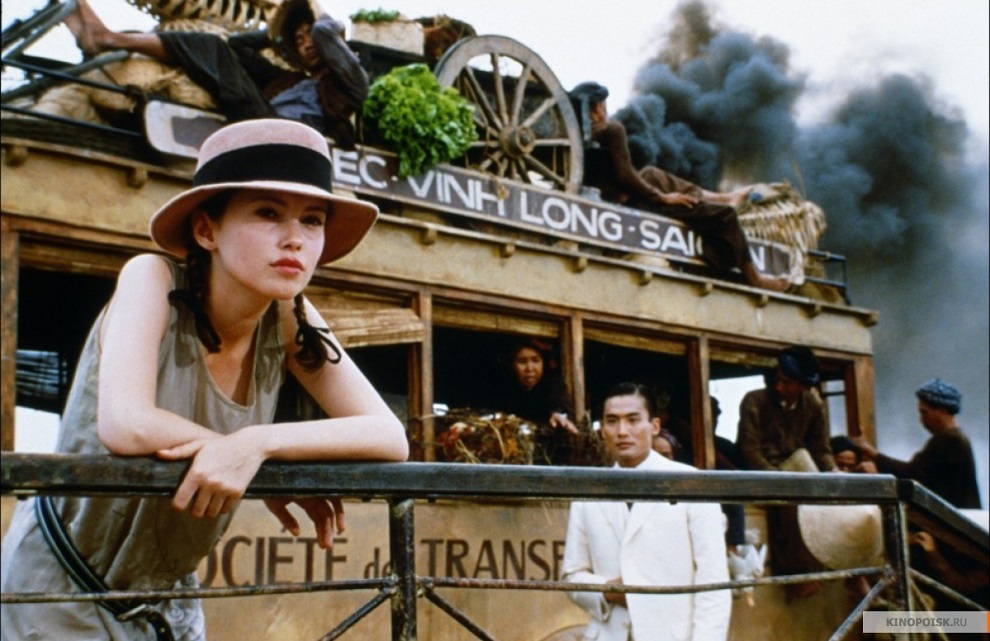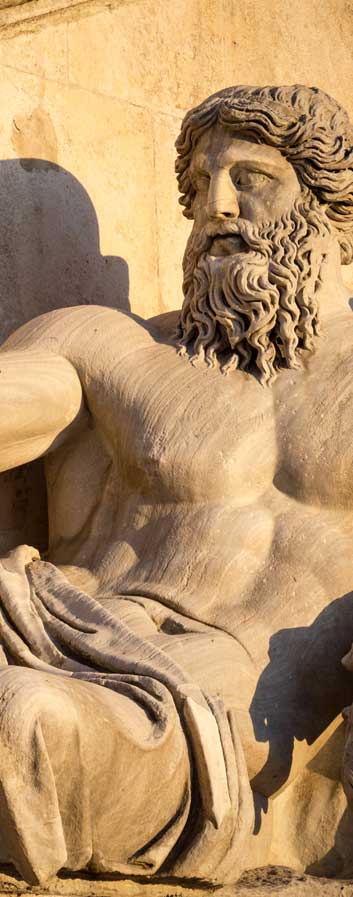Sa Dec - Charming colonial town
Sa Dec is a small, sleepy town in the Dong Thap province and it was the original setting of the autobiographical novel “The Lover” by Marguerite Duras. This romantic and charming little town still isn’t very touristy and a true hidden gem in the Mekong delta.
There is a very busy, authentic market near the river and a lot of architecture from the colonial period, such as the old market, as well as numerous old mansions and merchant homes. One of these houses belonged to the protagonist in Marguerite Duras’ novel and has been lovingly and traditionally restored. The riverside road Nguyen Hue invites for a stroll with its cafés, market stalls and the old French church in the background.
Located in the centre of Sa Dec is the Kien An Chung pagoda, which has a colourful history (it has served as a prison before) and is once again family owned today. But you can still visit it on request. The Tu Phuoc Huong pagoda is influenced by the Chinese and once served as a community centre.
Sa Dec is also famous for its flower gardens. Even in colonial times Sa Dec was known as the “Garden of Cochin-China.” Especially before the Tet festival - many Vietnamese come from Saigon to Sa Dec to go shopping.

Writer Marguerite Duras grew up in the colonial town of Sa Dec where her mother worked as a teacher. In 1984 she published the apparently autobiographical novel L’Amant, translated into English as The Lover, which describes her adolescent affair with a Chinese man. The text won the Goncourt prize in 1984. In 1991 Jean-Jaques Annaut directed the successful movie The Lover. The film was one of the first Western films shot in Vietnam after the Vietnam war. Many of the scenes were actually filmed in Sa Dec where a number of the original locations of Marguerite Duras’ life still exist: in particular the family house of her Chinese lover, Huynh Thuy Le (until some years ago a police station, today a museum), his grave and a pagoda with pictures of him, the school where her mother was a teacher as well as the house which was represented in the movie to be the family house of Marguerite Duras.



































